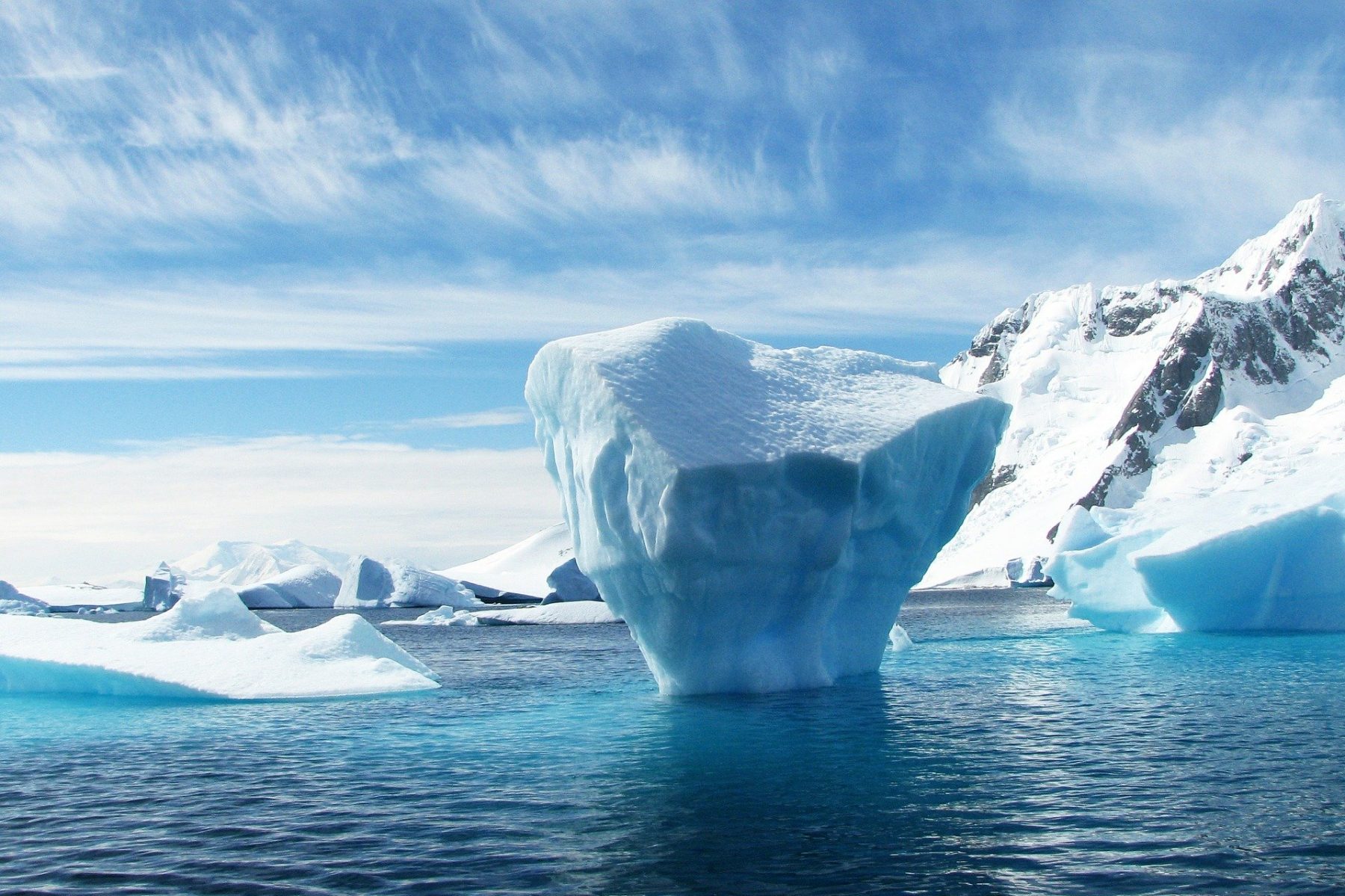The Main and Basic Competencies outlined within the new curriculum present academics with content material objectives and ideas about educating strategies, educational supplies, and evaluation strategies aimed to support academics as they design their classes. For example, Table6 provides an example of the Basic Competencies developed for the Senior Secondary School Biology Curriculum. For example, the Main Competencies goal the development of students’ spiritual, social, psychomotor, and cognitive domains and are applicable to all topic areas at every grade stage . The follow of science education has been more and more knowledgeable by analysis into science teaching and learning.
When considering the mother or father voice as an individual subjective reality, it’s observed as distinctive to the mother or father and not shared by others. This research sought to explore if father or mother voices might constitute intersubjective realities; inviting narratives from mother and father and professionals that will […] Read more.
For students who select the science track at the senior secondary stage, each science subject is taught independently with a time allocation of about 135 min per subject each week. For example, each week, college students take three lessons every of biology, physics, and chemistry with a complete allocation of about 405 min per week. In addition to this lecture time, lecturers at the senior secondary degree can opt to teach two additional classes per week for every topic. Below we share details in regards to the senior secondary stage biology curriculum to supply more understanding of the depth and breadth of the content material Indonesian students examine when taking programs in the science monitor. In 2013 a brand new standards for science education were launched that update the national standards launched in 1996. Organizations that contributed to growing the standards embrace the National Science Teachers Association, the American Association for the Advancement of Science, the National Research Council, and Achieve, a nonprofit group that was additionally concerned in creating math and English standards.
Springer Nature stays impartial with regard to jurisdictional claims in revealed maps and institutional affiliations. This work was supported by the Ministry of Education of the Republic of Korea and the National Research Foundation of Korea (NRF-2016S1A3A ). This work was additionally supported by the Ministry of Finance of the Republic of Indonesia and the Indonesia Endowment Fund for Education.
Informal science education is the science educating and learning that occurs outside of the formal school curriculum in locations such as museums, the media, and community-based programs. The National Science Teachers Association has created a place assertion on Informal Science Education to define and encourage science studying in lots of contexts and all through the lifespan. Research in informal science education is funded within the United States by the National Science Foundation. The Center for Advancement of Informal Science Education provides assets for the casual science education neighborhood. In this special problem entitled “Citizenship and Civic education for Refugees and Migrants” we are presenting articles that discuss several essential aspects of citizenship education dealing …
